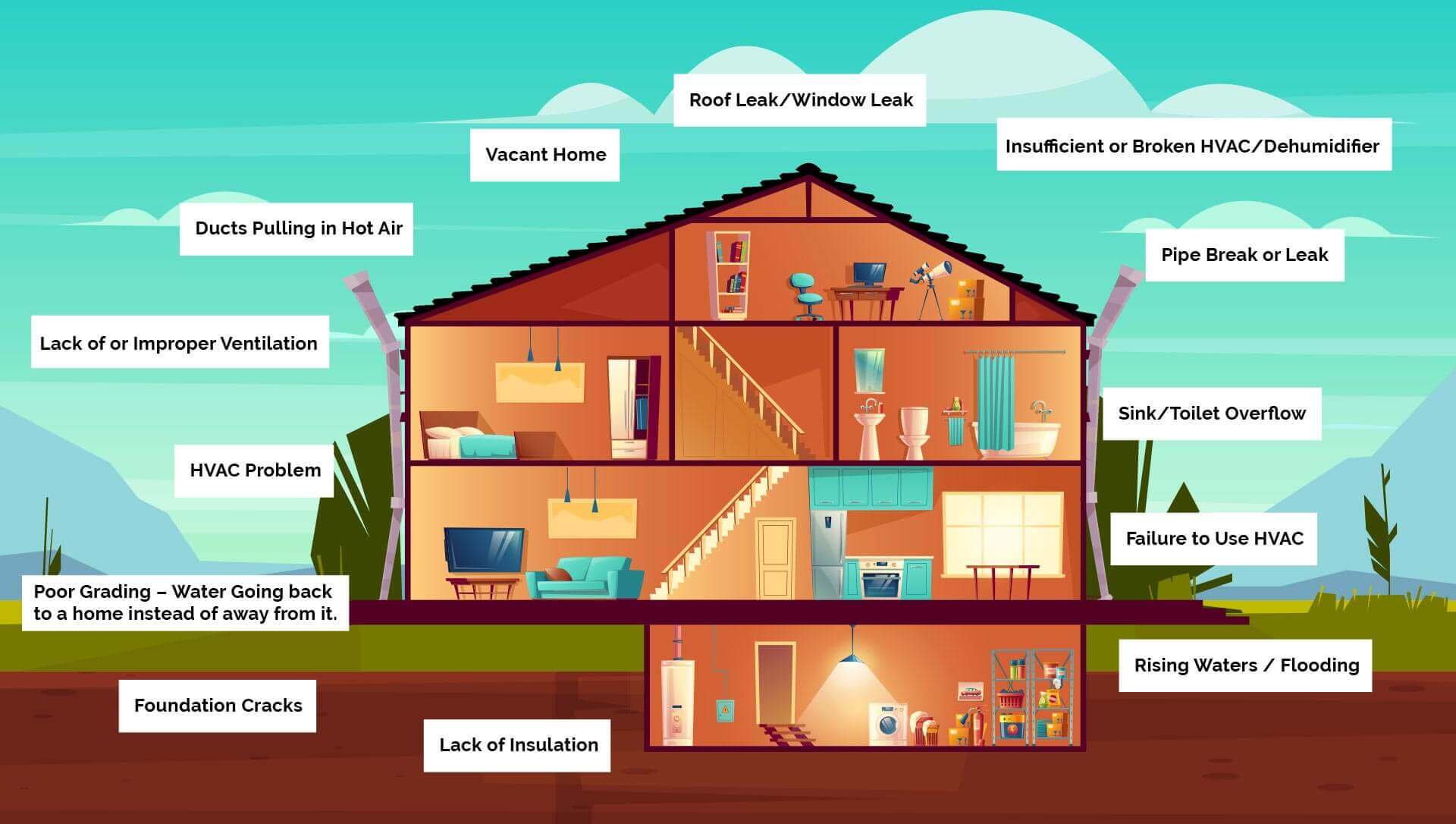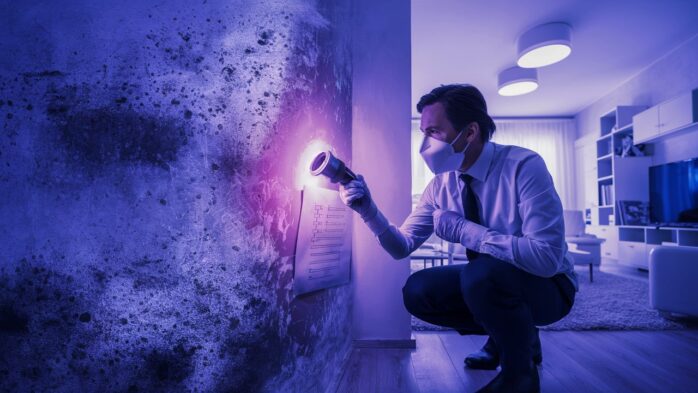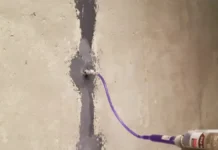Mold evaluations play a vital role in the real estate industry, serving as a crucial step in assessing the quality and safety of a property. Mold can often go undetected, yet its presence can lead to serious health issues and structural damage if left untreated. By conducting thorough mold evaluations, real estate professionals can identify and address any mold issues early on, protecting both the property and its occupants.
In today’s competitive real estate market, understanding the importance of mold evaluations can make a significant difference in ensuring the value and integrity of a property.
Understanding the Impact of Mold in Real Estate Transactions

Understanding the impact of mold in real estate transactions is vital for both buyers and sellers alike. Mold can significantly affect the value of a property and may even lead to legal disputes if not properly disclosed or remediated. Buyers should always request a mold evaluation as part of their due diligence process to ensure they are making an informed decision about a potential investment.
Sellers, on the other hand, need to be aware of any mold issues on their property and address them before listing to avoid complications during the transaction. By understanding the impact of mold in real estate transactions, both parties can navigate the process more effectively and protect their interests in the long run.
The Hidden Dangers of Mold in Real Estate Properties

The hidden dangers of mold in real estate properties pose a serious health risk to occupants and can result in costly repairs for property owners. Mold growth can be caused by water damage, leaks, poor ventilation, or high humidity levels, making it crucial for real estate properties to undergo mold evaluations regularly. Health issues related to mold exposure include respiratory problems, allergies, and even more severe conditions in some cases.
In addition to health concerns, mold can also cause structural damage to the property, leading to the need for extensive repairs. By conducting mold evaluations, real estate owners can identify and mitigate mold issues before they escalate, ensuring the safety and well-being of all parties involved.
Benefits of Conducting Mold Evaluations in Real Estate Transactions

Conducting mold evaluations in real estate transactions can provide numerous benefits for both buyers and sellers. By assessing the presence of mold in a property, potential risks can be identified and addressed before a transaction is finalized. This can help to protect both parties from potential health hazards and costly remediation efforts down the line.
Additionally, having a thorough mold evaluation can add transparency and peace of mind to the transaction process, allowing for a smoother and more informed decision-making process. Ultimately, investing in a mold evaluation can help to ensure a successful and secure real estate transaction for all parties involved.
Conclusion
In conclusion, mold evaluations are a crucial aspect of real estate transactions that should not be overlooked. By conducting thorough assessments of potential mold growth before buying or selling a property, individuals can avoid potential health risks and costly remediation efforts down the line.
Hiring a professional mold inspection company, such as Mold Inspection Tampa, can provide peace of mind and ensure that the property is safe for all occupants. Ultimately, investing in a mold evaluation can help protect both the value of the property and the well-being of those who may inhabit it in the future.




